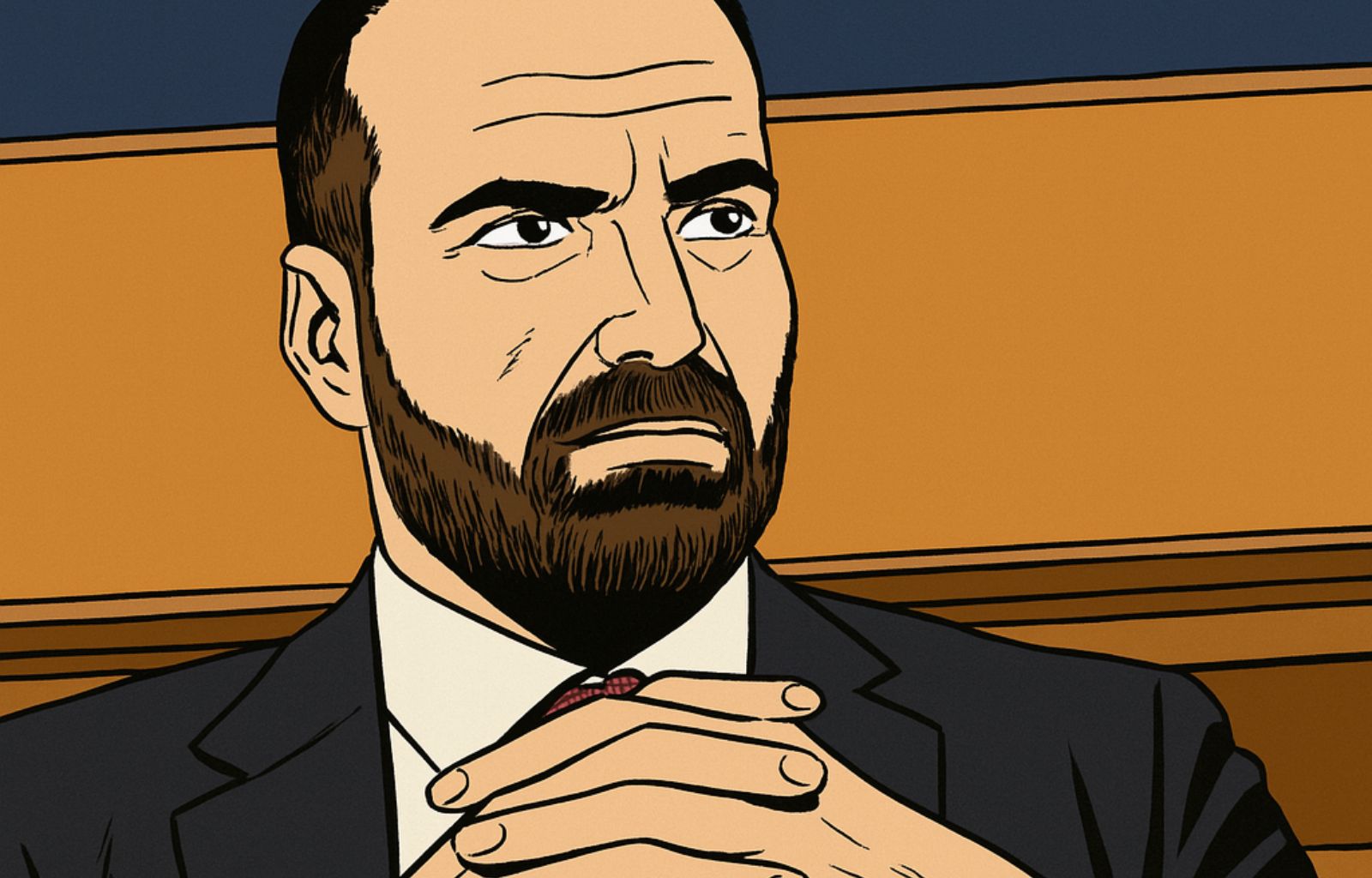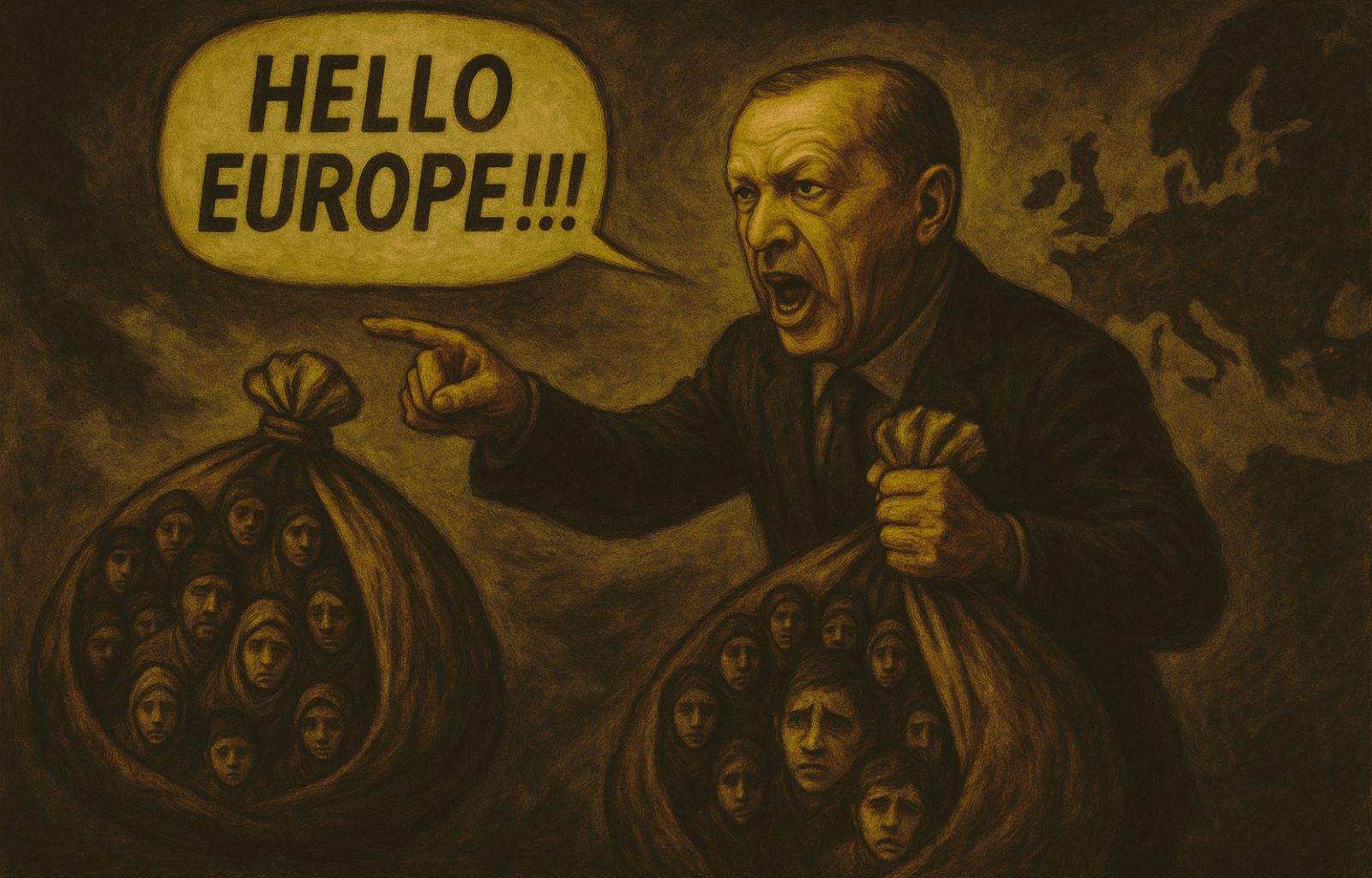Orbán’s lousy six-month presidency exposes EU limitations: radical reform needed

Hungary’s six-month presidency of the Council of the European Union, under the leadership of Viktor Orbán until 31 December 2024, will not be remembered for European progress, but for the confusion it created. Orbán turned what should be a coordinating role into a showcase for his national political agenda, leaving the Union trapped between inefficiency and divisions. It is time to say enough: the EU can no longer afford to function with slow and fragile mechanisms that favour obstructionism and personal agendas.
An obsolete architecture slowing Europe down
The functioning of the EU is built on a fragile balance between national and supranational interests. Its main institutions include:
- Council of the European Union: Composed of the ministers of the national governments, co-legislating with the European Parliament. Its presidency, rotating every six months, too often reflects the priorities of those who hold it, with discontinuous and inconsistent results.
- European Parliament: The only body directly elected by citizens, but still limited in its legislative powers, which it shares with the Council.
- European Commission: The executive body, which proposes laws and ensures compliance with the treaties, but with a role that is often too technical and distant from the public debate.
- European Council: The leaders of the member states define political priorities here, led by a stable president.
This architecture, while balancing national interests, creates a slow and fragmented decision-making system where European priorities risk being sacrificed on the altar of national agendas.
Orbán’s disastrous six-month term
The Hungarian semester offered tangible proof of how ineffective this system can be. Orbán has used the presidency as a stage for his political goals, often in open conflict with EU values and especially with the economic and security interests of European citizens.
- Secret meetings with Putin: Orbán met Vladimir Putin without consulting other European leaders, in the midst of the war in Ukraine. A blow to the unity of the Union and a gift for the Kremlin.
- Tensions with the European institutions: The European Commission and Parliament have repeatedly criticised Hungary for not respecting the rule of law. Ursula von der Leyen even avoided some events under the Hungarian presidency as a sign of dissent.
- Blockadesand obstructions: During the Hungarian semester, Budapest slowed down crucial decisions, such as energy solidarity measures, making it clear how hostage the EU is to the veto of a few.
Reforming the EU: three essential changes
Orbán’s six-month term has exposed an uncomfortable truth: the current model is not working. Europe needs radical changes to address global challenges coherently and effectively.
Saying goodbye unanimously
Unanimity in Council decisions is one of the main sources of paralysis in the EU. Any member state can block the most strategic decisions, often using the veto as political leverage to obtain concessions on other issues.
Abolish unanimity, replacing it with qualified majority voting:
- It would make the EU more agile and responsive.
- It would reduce the blackmail power of individual governments.
- It would allow common challenges, such as energy policy or international sanctions, to be addressed more coherently.
This reform, advocated by many European leaders, is the first step towards a stronger and more capable Europe.
A ‘head of government’ for the EU
The Union needs clear and recognisable leadership, capable of representing it authoritatively on a global level and guiding it with strategic vision. This could be achieved:
- Merging the posts of President of the European Commission and European Council.
- Introducing direct election by the citizens of Europe, to give greater democratic legitimacy.
A European ‘head of government’ would overcome institutional divisions and provide strong and unified leadership.
Reforming the EU Council
Looking forward, the Council could or should turn into a European Senate, composed of representatives of the Member States, sharing legislative power with the European Parliament. This new set-up:
- It would create a more balanced bicameral system.
- It would strengthen the role of Parliament as the direct representative of the citizens.
- It would ensure greater consistency between national interests and European priorities.
Conclusion: a stronger Europe, now or never
Orbán’s presidency was not just a disappointing six months; it was a lesson in what the EU can no longer afford. The current fragmented and vulnerable system is unable to respond to global challenges with the necessary speed and unity.
Reforming the Union means tackling these weaknesses head on, equipping it with a strong, democratic and capable government. It means putting an end to the veto that paralyses common decisions and transforming the institutions into representative and effective bodies. It is time to take a step forward, for a Europe that is not hostage to its weaknesses, but a leader of the future.











